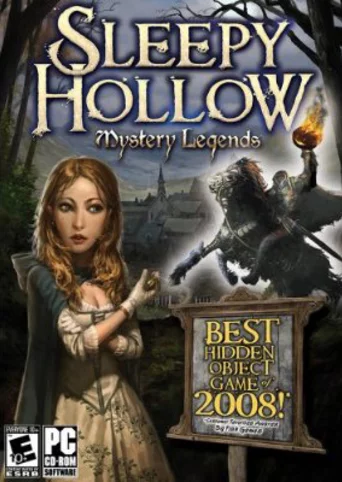
Mystery Legends: Sleepy Hollow
Genres:Puzzle
Themes:Horror
Story:Discover the secrets of Sleepy Hollow and the legendary Headless Horseman in this haunted hidden object game. Investigate the freakish residents and witness their fate at the hands of the Headless Horseman.
Vote to bring this game to GOG and help preserve it.17
This was one of the first hidden objects game that I played. I liked the genre already, but this was the game that took me to another world every single time I played it. The music, the voice acting, the visuals, the adaptation (loosely, but interestingly) of the original short story - it has everything to keep you enchanted for 10-15 hours at least. I have replayed it many times just to get the old feeling again, even though I know the locations of all items by heart by now. Big Fish has several other brilliant games too and it would be nice to give that company recognition by having their games on GOG
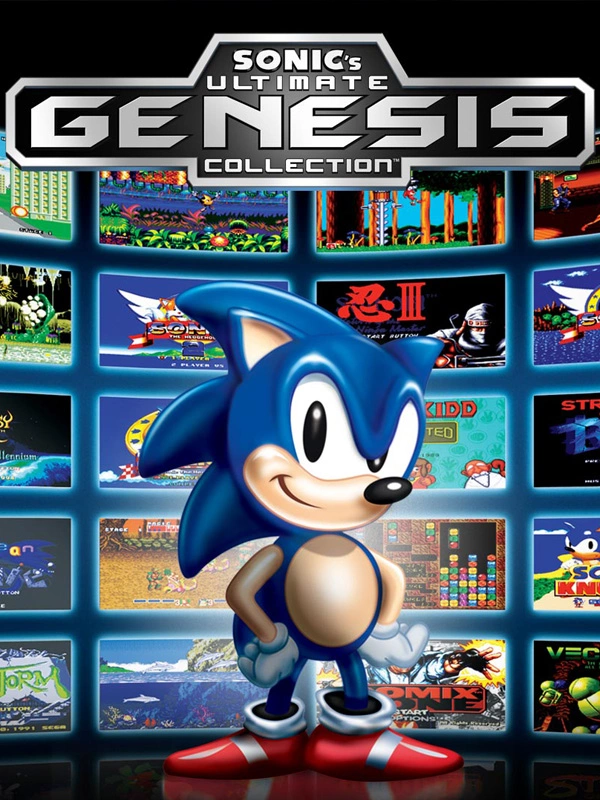
Sonic's Ultimate Genesis CollectionThe compilation features 48 Sega games (49 counting two versions of Altered Beast) which were previously released for the Mega Drive/Genesis (including most of the Sonic the Hedgehog titles released for the system), arcade and Sega Master System. It is similar to the Sega Genesis Collection released previously for the PlayStation 2 and PSP, however it contains 16 (in NTSC regions) more games (including unlockable extras).Action Fantasy Science fiction
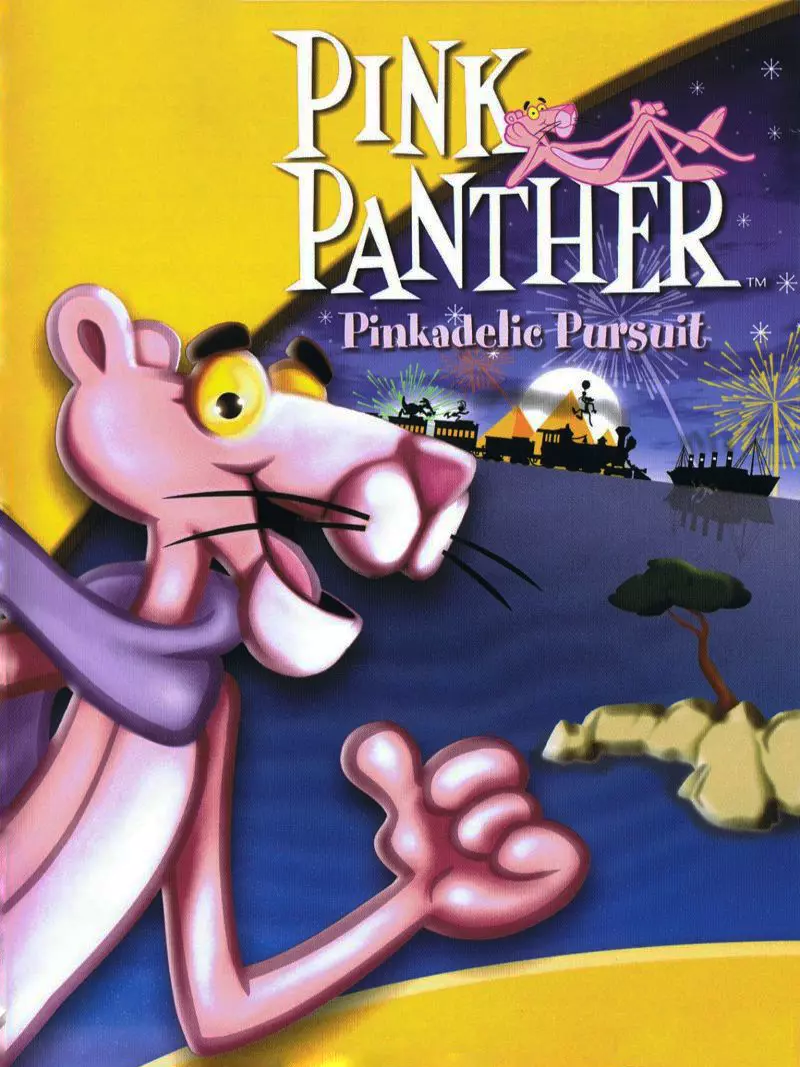
Pink Panther: Pinkadelic PursuitThe Pink Panther is determined to find the treasure hidden in his uncle's house. Help him overcome all the obstacles that separate him from this wonderful treasure. Join the famous panther in some exciting adventures!
Six different universes to explore: the Pyramid, Dracula's castle, the Gangsters nest, the Stone Age, etc.
Fierce enemies to shake off...or to knock down.
Wild hide and seek parties for the most stylish panther!
Crazy roller skating rides.
The main objective of all the levels in the game (except the final level) is to collect the key hidden in each level and get to the goal to proceed to the next level. There are a total of 12 "rooms" (levels) within 3 game modes: platform, race and boss fight.Action
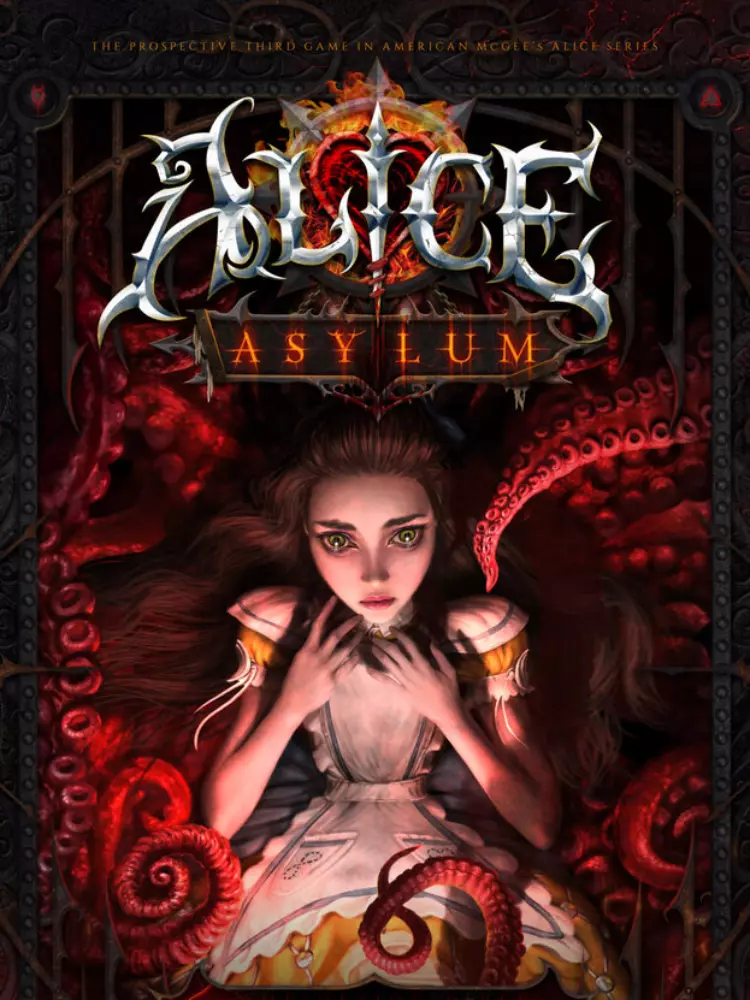
Alice: AsylumThe game is in development while the developer attempts to get/license the rights to the series from EA, who published the previous games, so they can complete it independently.
The game is set to take place before the events of the first game, before Wonderland is fully corrupted.Action Horror
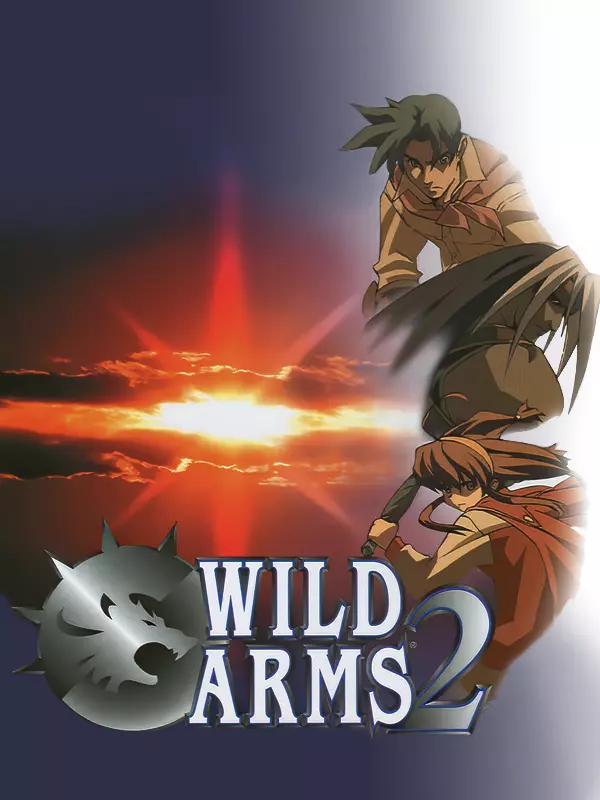
Wild Arms 2Wild Arms 2 is not a direct sequel to the first Wild Arms, although it is set in the same fictional world Filgaia, which combines elements of Old West, steampunk, and fantasy. The turn-based combat system against randomly appearing enemies resembles that of the predecessor, featuring techniques unique to each character, as well as the Guardian system, which allows the characters to summon powerful creatures to assist them in battles. Three combatants can be used actively in battles; the player can also switch any of them with a reserve character, up to six altogether.Fantasy Science fiction
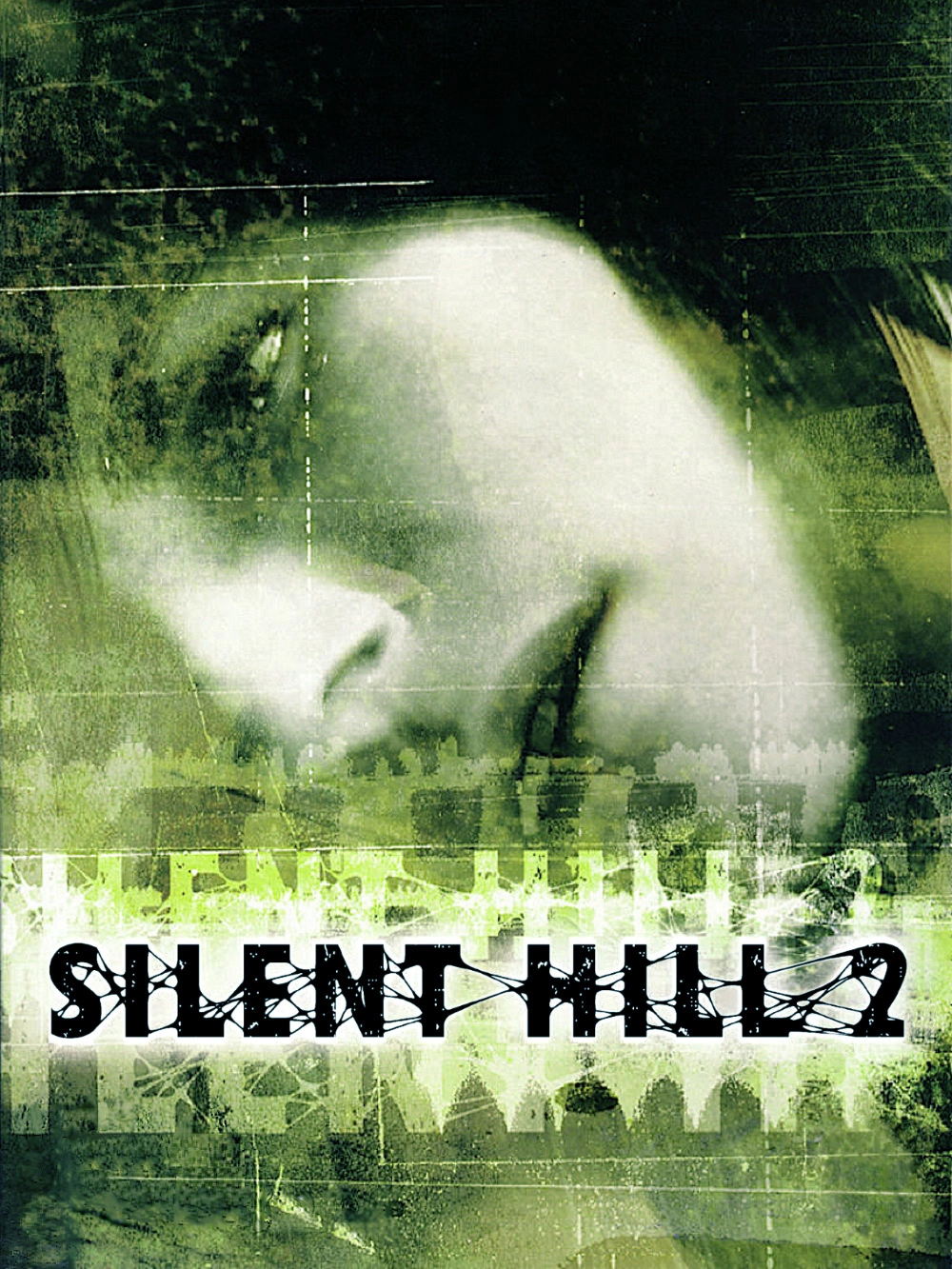
Silent Hill 2 (Classic)The second entry in the Silent Hill franchise, Silent Hill 2 is a narrative-focused third-person psychological survival horror game with emphasis on combat, exploration and puzzle-solving elements which follows James Sunderland, a man who receives a letter, seemingly sent by his three-years-deceased wife Mary, in which he is beckoned to the fog-ridden town of Silent Hill at the same time as numerous other people troubled by their past.Our Pick Top Trending Horror Survival Mystery Drama
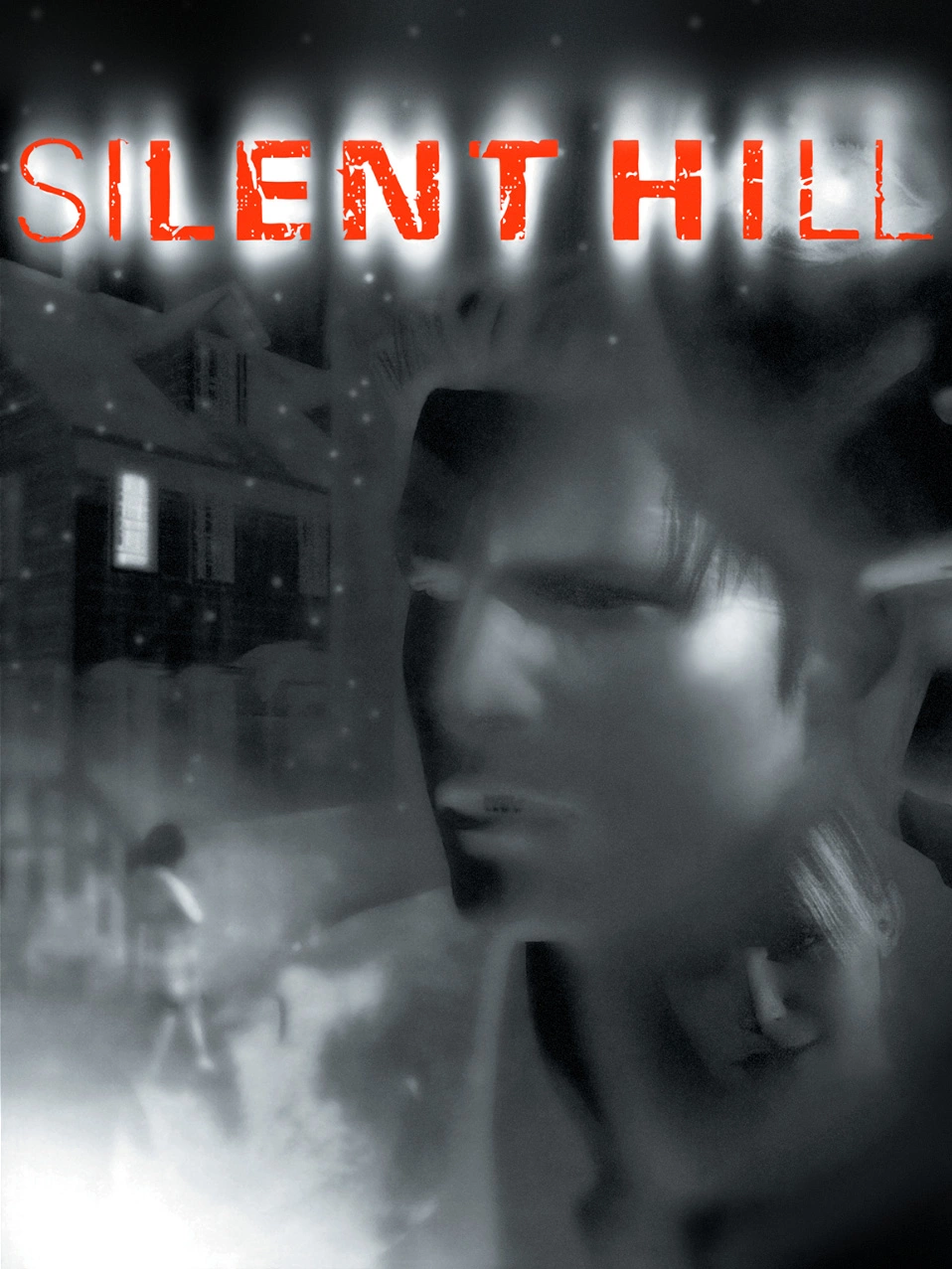
Silent HillSilent Hill is the first installment in the Silent Hill series of psychological survival horror video games. Unlike earlier survival horror games that focused on protagonists with combat training, the main character Harry Mason is an average man. The gameplay consists of combat, exploration, and puzzle-solving. The controller vibration is used to indicate Harry's heartbeat and will vibrate on low health. The player must regularly enter an inventory screen to check Harry's health, use items, and equip different weapons.Our Pick Top Trending Action Horror Survival

The NeverhoodThe game follows the adventure of a claymation character named Klaymen as he discovers his origins and his purpose in a world made entirely out of clay.Fantasy Historical Comedy
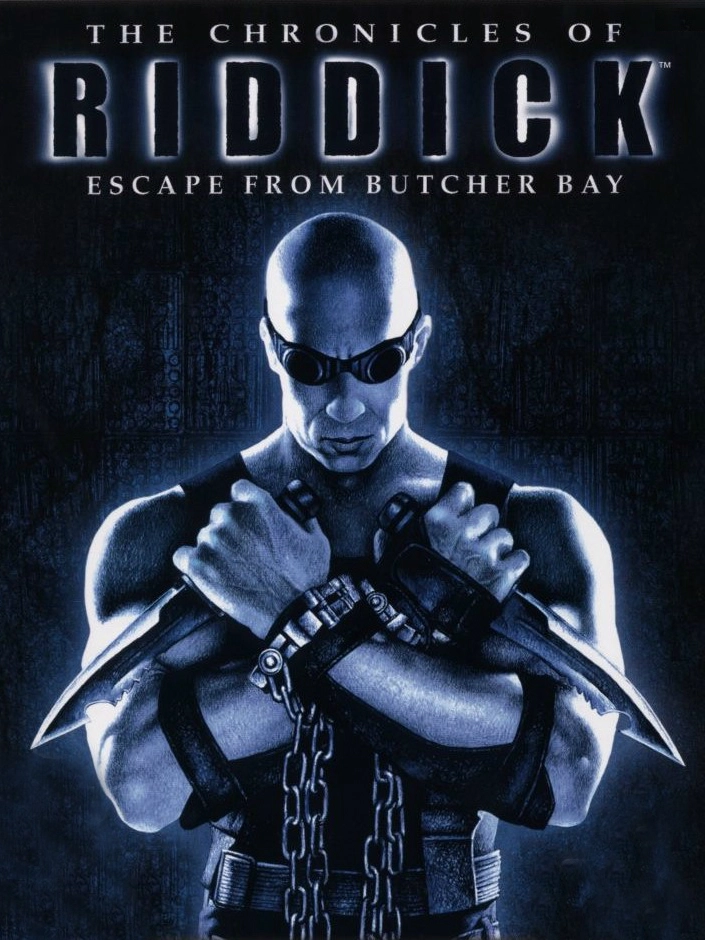
The Chronicles of Riddick: Escape from Butcher BayEscape from Butcher Bay is set in the futuristic science fiction universe of the Chronicles of Riddick franchise, and is a prequel to the film Pitch Black. The game takes place inside Butcher Bay, a maximum-security prison from which no prisoner has escaped. The facility - constructed on a barren planet - contains three increasingly secure holding areas, and a subterranean mining operation.Action Science fiction Stealth
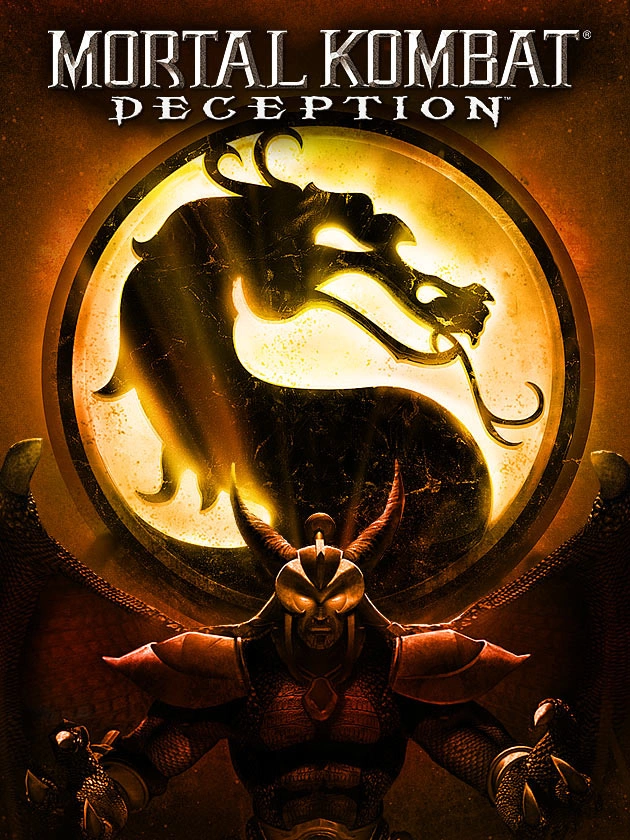
Mortal Kombat: DeceptionMortal Kombat: Deception is the sixth installment in the Mortal Kombat franchise. Based on the Mortal Kombat: Deadly Alliance engine, players once again have to fight to stop this new threat in the sixth installment of the fighting series. The standard Arcade, Versus, and Practice modes return, as well as new items to be found in the Krypt. In addition, there are new Konquest Adventure, Chess Kombat, and Puzzle Kombat modes to give the player new mini-games.
The Playstation 2 and Xbox versions offer online, competitive play against other players. The Gamecube version does not include online play, but offers Goro and Shao Kahn as exclusive playable characters.Action

Death GateDeath Gate is a classic adventure game from the much revered Legend Entertainment. The studio is known for developing games that include exceptionally well crafted puzzles and a wacky sense of humor which frequently breaks the fourth wall and plays to a wide assortment of offbeat puns. Moreover, the company has emerged with a winning streak of fantasy and sci-fi games based on popular literature adaptations. The most famous of these are Frederick Pohl's Gateway and Terry Brooks' Shannara.
In 1994, Legend Entertainment has chosen to adapt not 1 book but the whole series of 7 books by Margaret Weis and Tracy Hickman known as The Death Gate Cycle. The original release of the game even includes a special gift for fans of the book series, namely an exclusive short story written by the same authors that tells some of the history of the mysterious Assassin's Guild from the series.
In Death Gate, the player is cast in the role of a freshly freed Patryn—a young, brave wizard named Haplo. By his deeds in the Labyrinth, he has gained Xar's trust to be sent as a scout to the other 4 realms. The way between them leads through a mystical portal known as the Death Gate. For his journey, Haplo is handed not a single but several quests to complete. He must first explore the realms, learn about the new lands, and find the pieces of the World Seal that will allow the reformation of the world to its original whole. He must also retrieve as much of forgotten magical lore as he can, and find runes that will allow him to enter all the other realms. Finally, and most importantly, he must find out what has happened to the Sartan who seem to have vanished somewhere long ago, so that Xar will be able to bring them to the proper Patryn justice.
The game, by taking inspiration from the first 4 books, creates a certain unique experience for the player that stands out among other fantasy adventures. There is an unusually layered structure based on the initial premise of the 5 separate realms, since the consequences of the sundering run much deeper than mere differences in landscapes. From realm to realm life conditions vary enormously, including geography, history, fauna, flora and astronomical bodies. For each realm, the population is divided into very specific societies, although many attributes of each race remain common. Several royal families, powerful guilds, and wealthy, independent merchants all have their own specific goals and ambitions that are not at all connected to the grand schemes of the Patryn and the Sartan, which they mostly are unaware of at this time after centuries of their absence. The distinctiveness of each culture's circumstances and the individual diversity of the larger and smaller schemers within the cast of characters give a special magic and wonder to the proceedings in the game, especially when the player visits a new realm for the first time and starts exploring it. The worlds possess a mysterious, intriguing flavor, but with a touch of whimsical surprises from nearly everywhere. Each encounter with Xar between travels reveals more information concerning the whole mechanics that connect these realms.
Death Gate contains some exceptionally good voice acting. This is especially true for Henry Strozier who plays the role of Xar. He carries a low, charismatic, and authoritative voice that perfectly befits a character with a brave heart, long experience, deep wisdom, but a good share of arrogance. He shines for good measure too, since the player will spend more time conversing with his character than any other in the game. Haplo, who is only heard in conversations, voiced by David DeBoy, does not have a plain, uninteresting voice either. He sounds slightly arrogant and lordly like his master, but also rather youthful, yet manly enough to give an air of independency.
The MIDI music in Death Gate is very well done. The compositions are perfect for an epic fantasy setting. The tunes are often light and comforting, but they can change dramatically to a more majestic tone when visiting the king's palace and to a darker motif when exploring the undergrounds of Abarrach, the vicious Labyrinth, or the deadly Assassin's Guild.
Aside from Haplo and Xar, several other characters from the books also make an appearance in the game. Many of them, however, have been greatly simplified and reduced to only episodic roles with little development. Many major characters from the books are missing altogether, most notably Alfred, whose role is crucial in bringing out Haplo's characterization in the literary originals. On the other hand, some of the memorable archetypes from the books are used in new, interesting ways. For example, a boy named Bane has been recast into a different child with a different life and social standing, though both share a very similar personality. The character that stays most true to the canon is the whimsical, crazy wizard Zifnab, who appears in all his pun infested glory. In general, the plotlines are less violent and happier than those in the books, and the characters show less moral ambiguity.
Death Gate plays like a traditional point-and-click adventure game, but like a role-playing game it is as much about being free to explore the fictional world as about following a foreordained storyline thread. There is quite a bit of narrative text, diaries, historical documents, and dialogs to sieve through. They are all well written and are rather fascinating, since everything is directly connected to the quests the player needs to complete or the puzzles the player needs to solve. There is a fine dose of humor in the game too, but nothing so unsubtle that may distract from taking the main conflicts of the story seriously. From this stance, Death Gate is actually quite a departure from the largely comical gallery of previous game titles from Legend Entertainment.
The puzzles in Death Gate are a bit on the easy side, but the enjoyment they give is very well balanced by their ingenuity. The wealth of subplots, quests, plot twists, and deceptions add a lot of tension to the player's own proceedings. There is a certain logic and buttons based puzzle that is rather hard to beat. However, the player can ask for help from the game to solve it (or even skip over it). In general, the difficulty level of the game lies somewhere between easy and medium. The player can die in the game, but there is an option available to undo the player's last fatal action.
Comparison with the books quickly reveals some of the obvious budgetary or time constraints the developer must have faced during Death Gate's development. Pryan, the realm of fire, is build of elements taken not only of this realm in its original form but also of Chelestra, the realm of water. Consequently, the latter realm has shrunken to a very limited scope in the game. The smallness of Chelestra comes in the game as a particular disappointing revelation, since it is the last of the elemental realms that the player visits.
The interface used in Death Gate has evolved from the original Legend Entertainment's interactive fiction interface. There is an always available standard list of commands (such as Take, Look at, or Use) for the player to choose from, reminiscent of Lucasarts' SCUMM interface. In addition, extra action commands specific to an object appear when it is clicked. For example, when clicking on a door, apart from the standard list of verbs, there are added options to unlock, knock, or eavesdrop on the door. There are many actions which are not necessary to complete the game but which trigger funny responses specific to the situation. Altogether, the interface is a clever compromise between the sense of freedom achieved through a text parser and the simplicity of contemporary point-and-click style.
Gameplay in Death Gate draws on a few gimmicks that are typical of role-playing games. For some parts of the game, the player is able to have a party of several characters. There is also a process of collecting magical spells, even though they have been tweaked for solving puzzles instead of combat. A spell is constructed by connecting runes in a combination. After that, it is traced in the air by Haplo with his hands to bring the spell into motion. The player will be able to learn many spells in the game, mostly from the mensch. This is an important diversion from the canon, as the mensch from the books possess a different kind of magic altogether.
The high resolution graphics of the game will remind fans strongly of fantasy literature illustrated covers. The characters are beautifully detailed in high resolution, but rarely fully animated. However, their faces are always incredibly alive, especially in conversational close-ups. When exploring the game world, the player will notice many intricate but small animations in otherwise generally static sceneries. Major events occurring in the game are partially described in narrative text and partially presented as cut scenes. Sadly, the number of background illustrations in the game is a bit limited. All locations are shown from only a single point of view. Sometimes, the player is drawn to something interesting drawn at the edge of an illustration but is unable to look closely to find out more about it.Fantasy